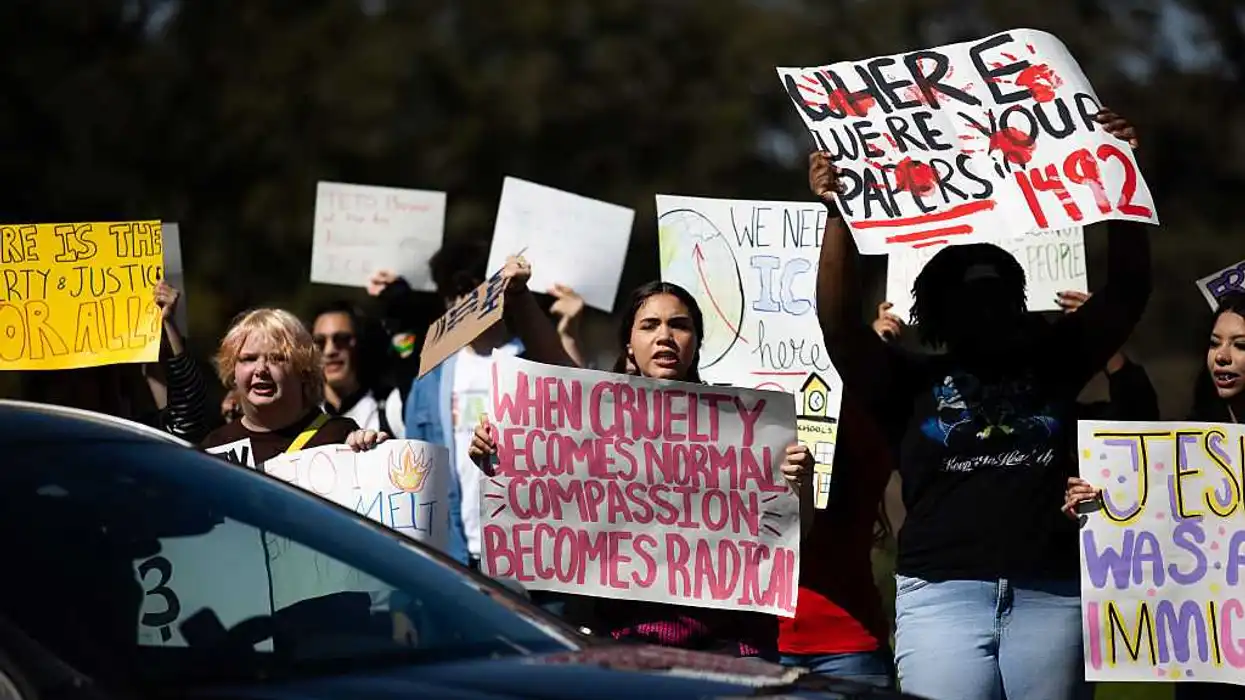Citizens of Canada are just as concerned as Americans about illegal border crossings, a new survey reveals.
According to a Reuters/Ipsos poll released Monday, some 48 percent of Canadians support “increasing the deportation of people living in Canada illegally” and 41 percent said illegal border crossers will make Canada “less safe.” Forty-six percent said the influx of illegal immigrants would have no impact on safety.
When President Donald Trump first announced his temporary travel ban, which halted entry into the U.S. from seven Muslim-majority countries and temporarily froze the refugee resettlement program, Canadian Prime Minister Justin Trudeau pushed back, taking to Twitter to announce that refugees turned away by the U.S. are welcome in Canada.
Although there is broad support for legal immigration in Canada, and the prime minister is not up for re-election until 2019, the global shift toward nationalism — which underpinned the United Kingdom’s decision to leave the European Union and the election of Trump in the U.S. — could hurt Trudeau politically.
Of those polled, 46 percent disagreed with how the prime minister was handling the border crossings. By comparison, 37 percent supported Trudeau and 17 percent did not know.
When asked specifically about recent border crossings from the United States, roughly 48 percent said Canada should “send these migrants back to the U.S.,” while only 36 percent said Canada should “accept these migrants.”
Many of the illegal immigrants that Reuters interviewed in Canada were previously living in the U.S., seeking asylum, and fled the country when Trump became president, citing fears of deportation.
CBC News reported last week that more than 200 asylum seekers from around the world have walked north across the Canadian province of Manitoba’s shared border with North Dakota and Minnesota and into the town of Emerson, Manitoba, since the beginning of the year.
Manitoba Premier Brian Pallister has been putting pressure on the Trudeau government to do more to address the illegal border crossers pouring into his province.
“Mr. Pallister is right: We need to start ramping this up now instead of trying to play catch up later,” Greg Janzen, the elected leader of Manitoba’s border municipality, told CBC. “The [Royal Canadian Mounted Police] are trying to do their best here and it would be nice to have even more manpower to try and keep these people from coming into the town of Emerson.”
He told Reuters there are many who want to come into Canada legally by going through the correct process.
“That's what’s pissing most people off. These guys are jumping the border,” he said.
And the number of illegal immigrants crossing into Canada could spike as temperatures warm, according to Brian Lee Crowley, head of the Macdonald-Laurier Institute for Public Policy in Ottawa, Ontario.
“If people become convinced there’s a large uncontrolled flow of illegal immigrants,” he said, “I think that will be a very serious political issue for the government.”
Canadian authorities have rebuffed any suggestion that the country is going easy on illegal border crossers.
Dan Brien, spokesman for Public Safety Minister Ralph Goodale, said trying to come across the border under the radar “is not a ‘free’ ticket to Canada,” adding that all asylum seekers who enter the country illegally are immediately arrested.
“If they are found to be inadmissible without a valid claim, deportation procedures are begun,” he said, adding that those who are believed to pose a risk can be detained.
According to a separate Ipsos poll, 23 percent of Canadians listed immigration as among the top national issues — up from 17 percent in December.







